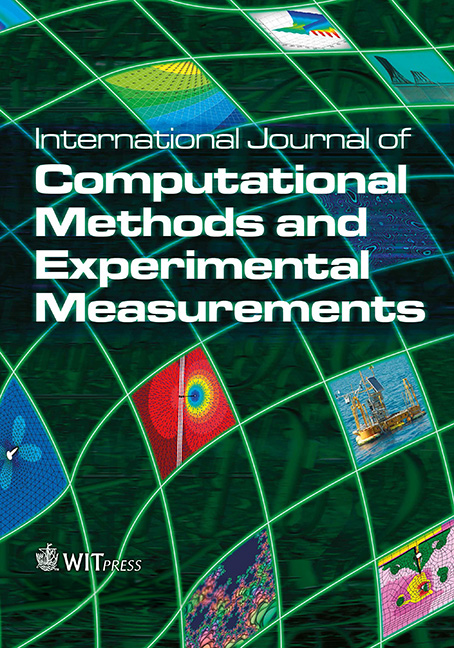Organisational behaviour change towards waste reuse in the UK third sector
Price
Free (open access)
Volume
Volume 3 (2015), Issue 4
Pages
13
Page Range
291 - 304
Paper DOI
10.2495/CMEM-V3-N4-291-304
Copyright
WIT Press
Author(s)
P. TAVRI, S. SAYCE & V. HANDS
Abstract
This paper explores, through the medium of literature review and a single in-depth empirical study conducted over a 1-year period, the ways in which a third sector organisation (TSO) is engaging in reuse behaviour change. The paper forms part of a larger scale PhD research project examining the ways in which corporate bodies can be helped to implement the UK government’s ambition to move up the so-called waste hierarchy from recycling to ‘reuse and preparing for reuse’ [1]. The paper starts by exploring the existing literature on current reuse practices, which both confirms that normative behaviour is concentrated on recycling and identifies TSOs as leading proactive stakeholders in promoting reuse behaviour, noting that the literature is generally limited to household waste. Therefore, the empirical research sought to understand and identify whether, and if so how, normative behaviour towards reuse can be developed both within TSOs and potentially their business supply chain network. The paper reports on a single TSO (the Selby Trust), studied through a process of engaged action research and testing a behaviour change theoretical framework developed by Tavri et al. [2]. The action research tested the theory that by building a process known as ‘associative strength’ [3, 4], motivation for organisational behaviour change can be developed and, over the short term at least, maintained. The results point to the possibility of the case being replicable across other TSOs and throughout the business supply chain.
Keywords
action research, associative strength, empirical study, normative behaviour, organisational behaviour change, Selby Trust, theoretical framework, third sector organisation, waste reuse




